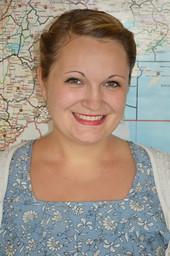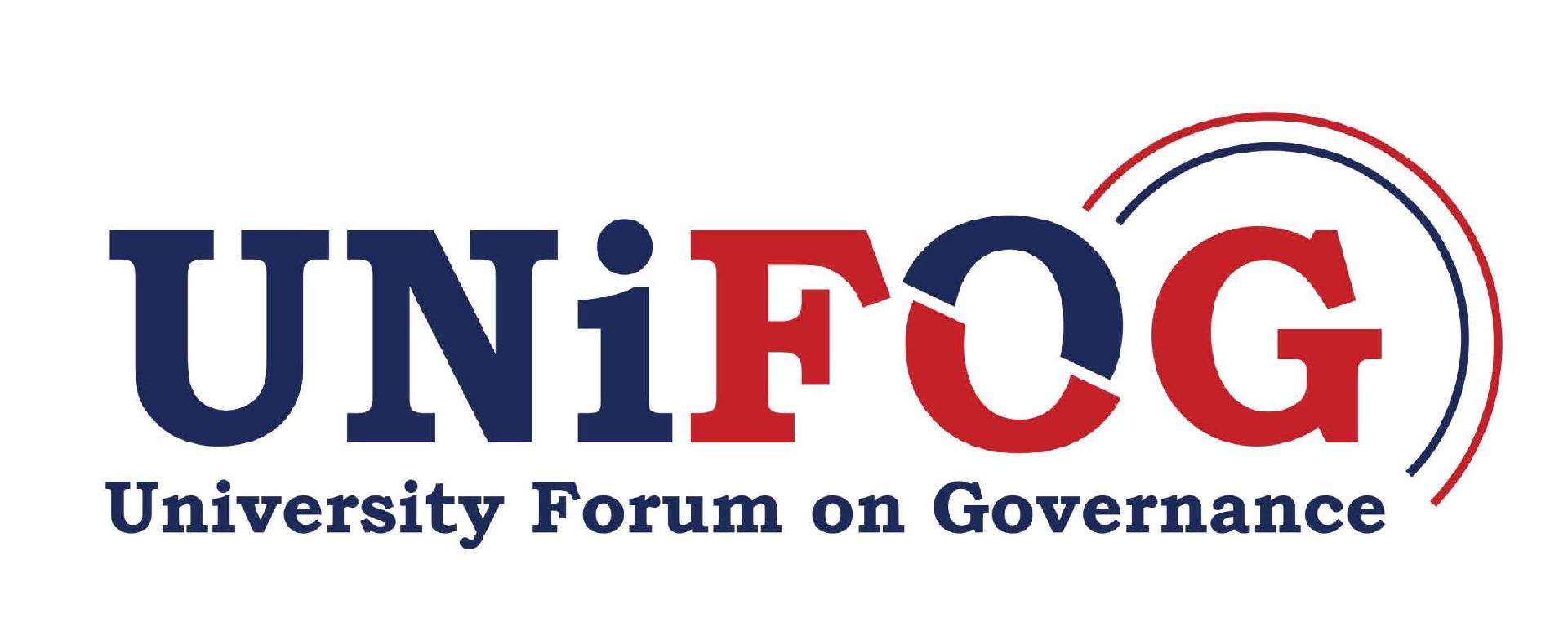Democratic Bargain? - Foundation Office Uganda and South Sudan
Expert conference
Details
Uganda is a country in which political power since independence has been taken over mostly by violence and use of the military. Democratic rule therefore has only plaid a limited role – or no role at all. Starting in 1966, when the post-independence government crumbled and fell apart and Milton Obote, formerly the Prime Minister, took over power, Uganda has seen dictatorship and civil war and democratic governance, if present at all, was merely a word written on a piece of paper. When Yoweri Museveni took over power in 1986, he established the Movement System, in which political parties were allowed to exist, but not allowed to campaign or field candidates for elections. Only in 2005, through a referendum, Uganda returned to a multiparty democratic system in which political parties are now allowed to campaign and engage in politics without formal limitations.
However, Uganda’s progress on deepening democracy and good governance has been generally modest. Several limitations overshadow the possibilities for democratic consolidation, among them significant weaknesses in the electoral process whose freeness, fairness, and general credibility have been contested by political actors, independent observers, and civil society. Since the return to the multiparty system, there was not one election whose results were not challenged by the defeated candidate.
For the general elections in 2016, the hope that all competing sides will learn to tolerate divergent views – a key component of a functioning democratic system –, engage in peaceful political competition, respect the rules of the democratic game, and participate in the elections on a level playing field with the same chances of campaigning, the same rights, and the same regulations when it comes to which resources to use for the campaign, are relatively low. With electoral reforms that make it impossible for the above mentioned irregularities in the electoral process to be repeated being called for, especially by civil society and the opposition parties, the 2016 elections are already now a subject of heated debate and animosities on all sides involved.
At the centre of the above political scheming is an evident scramble for the endorsement by, the support from, and consequently the vote of the youth. This is happening for a clear reason since in the last polls, young people aged 18 – 30 years constituted more than half of the voting age population in the 2011 elections and their numbers are expected to be even higher in the next polls. Furthermore, the youth are clearly the most charged category of the population considering that they are the group highly affected by existing social, political, and economic challenges, particularly unemployment and poor service delivery. It is therefore not surprising that there is already a fierce and intense struggle to patronise the youth and win their vote.
However, while the youth are clearly a decisive target group for the next general elections, young people on their part are not doing much to exploit their acknowledged strength to influence politicians towards addressing their concerns and interests. Instead, recent reports and images in the media demonstrate a group that has given in to being patronised rather than programmatically engaging in the debate. Rather than engaging in the political competition on the basis of issues young people are caught up in the battle over personalities. This phenomenon is denying the Ugandan youth an opportunity to capture the moment to influence programmes of political parties and to be the drivers of democratic transition. This alleged passivity on the sides of the youth in the face of their marginalisation and the challenges and hurdles within the democratic system of Uganda – which could play a crucial part in their own future – is not mostly based on pure idleness or a mentality of not caring. There are other factors, some of them intentionally upheld, in order to keep this enormous demographic group within their boundaries set by the current older generations active in politics. One of them is the low average level of education within the youth. Furthermore, the existing political structures meant to include the youth in the political system and protect their access to decision making structures are often ineffective.
All in all, the youth of Uganda find themselves in a situation where they have the potential to crucially impact on the democratic consolidation and socio-economic development of their country. However, due to democratic malpractice, a lack of service delivery especially within the area of education, corruption, and the central positioning of powerful, charismatic leaders, they are a demographic group whose interests and needs are not heard and not catered for. The conference that is implemented by UNIFOG and KAS intends to address exactly that situation: Empowering the youth, discussing their potential in promoting democratic consolidation, discovering channels for participation and engagement – both within politics and outside – and through all this contributing to the democratic consolidation and socio-economic development of the country as a whole.
The three day conference has three main goals: to awaken the youth to realise their numerical and other strength and challenge them to develop a sense of self confidence in influencing the democratic process, to enable young people to reflect upon their developmental interests and challenge them to use the existing political steam to communicate and create a demand for these interests to be addressed by political parties and other actors, such as the government and several state institutions, and to initiate a cross-generational dialogue on democratic transition.
It will bring together young people from politics, university, civil society, the business sector, and the informal sector for them to discuss their roles and potential in the political transition of Uganda. Furthermore, senior leaders from different state institutions such as the police, the electoral commission, or the military, as well as senior experts on the discussed issues and civil society representatives active in the relevant fields, will join the conference programme in order to start an intergenerational dialogue.




